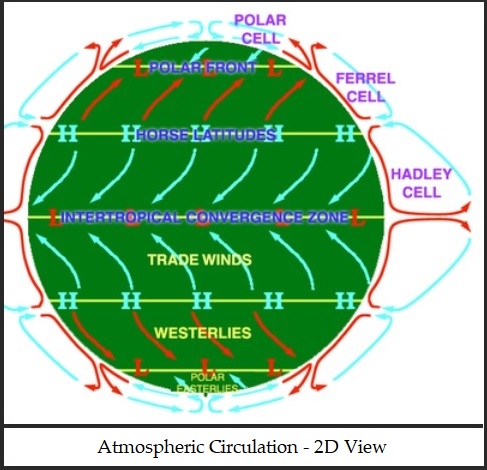
Historical Center of São Luís – Maranhão – Brazil
UNESCO World Heritage Site: Portuguese colonial architecture
Photo Credit: Kamaleao
My Poetry Corner February 2019 features the poem “There are Many Traps in the World” (No Mundo Há Muitas Armadilhas) by Ferreira Gullar (1930-2016), a Brazilian poet, playwright, art critic, and essayist. Born in São Luís, capital of the northeastern state of Maranhão, he was the fourth child of eleven siblings of a poor, working-class family.
As a young man, while earning a living as a radio announcer and editor of literary magazines, Gullar frequented poetry readings and devoured books of poetry by the best of Brazilian and foreign poets. At nineteen, he published his first poetry collection. But he saw no future in his suffocating, small-town life in the impoverished northeast region. He fled to Rio de Janeiro in the early 1950s, where he worked as a journalist for magazines and newspapers.
Beginning in 1962, his work reflected his concern about combating oppression and social injustice. After becoming a member of the communist party, he joined the struggle against the military dictatorship (1964-1985). Following his arrest and imprisonment in 1968, he went into exile in 1971. For the next six years, he lived in Moscow, Santiago, and Buenos Aires. In Buenos Aires in 1975, fearful for his safety in the wake of Argentina’s military takeover (1976-1983), he wrote his best-known work, “Dirty Poem” (Poema Sujo).

Ferreira Gullar among millions of students and other demonstrators gathered to protest against military dictatorship – Rio de Janeiro – Brazil – June 26, 1968
Photo Credit: Folha de São Paulo
In the opening stanza of the featured poem, “There are Many Traps in the World,” Gullar makes a simple declaration:
There are many traps in the world
and what is a trap could be a refuge
and what is a refuge could be a trap
Some traps that we humans perceive as refuge come to mind: religion, cults, Facebook, and narcotic drugs. Continue reading →





